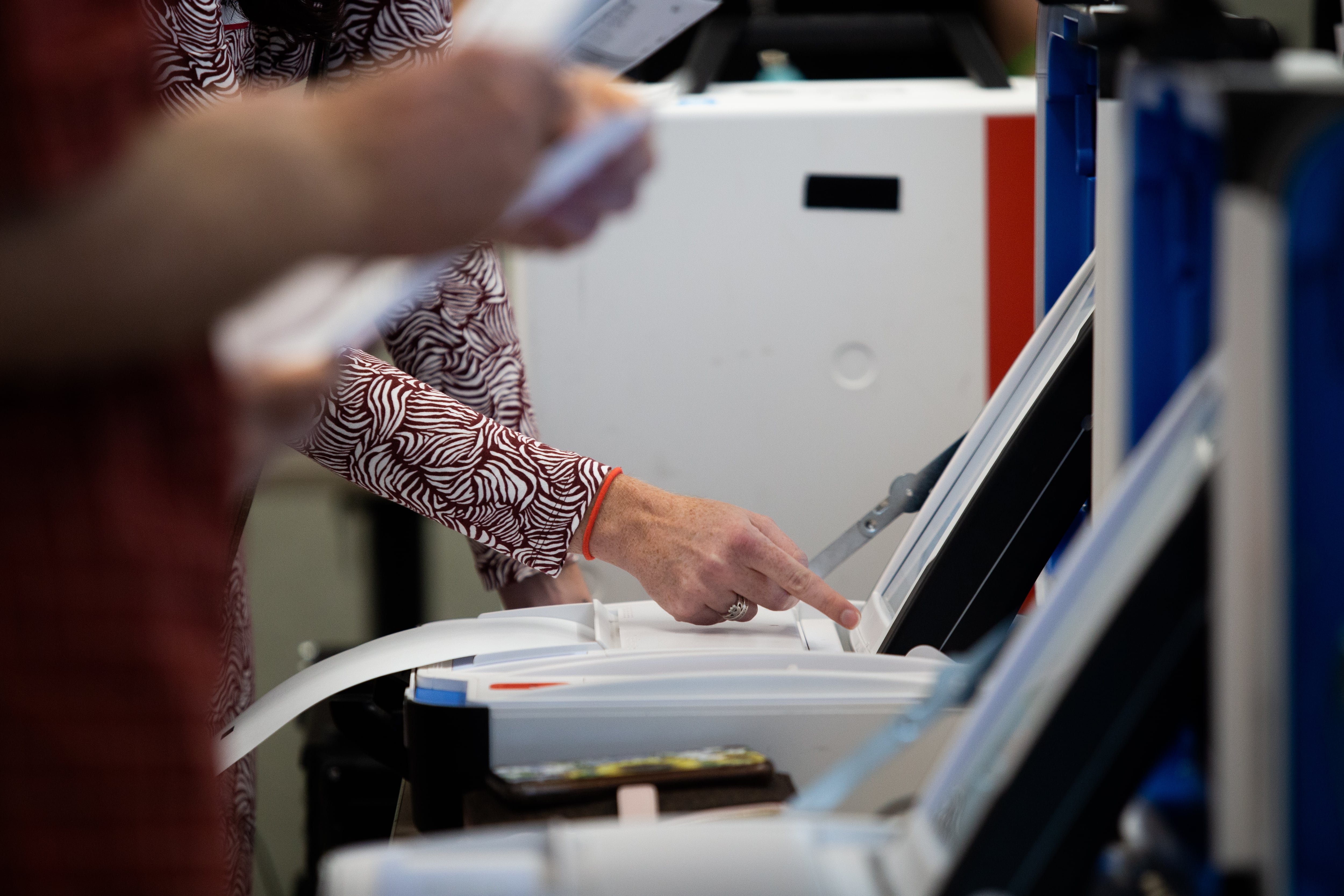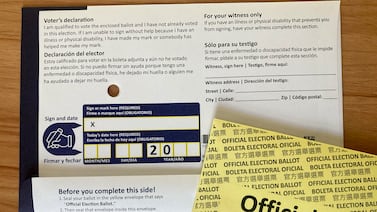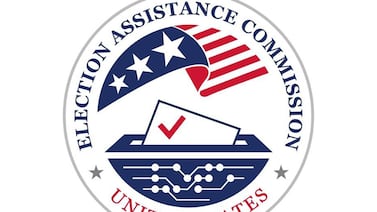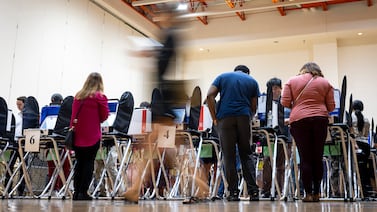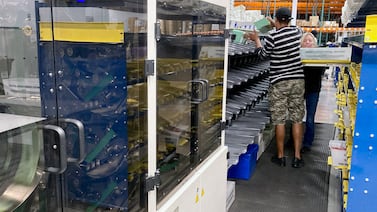Texas lawmakers have voted to reverse an expensive state law requiring election officials to replace all their current vote-counting equipment with technology that doesn’t exist.
An unprecedented mandate the Legislature passed in 2021, without fully realizing its consequences, would have decertified equipment that counties currently use to count votes, to be replaced by machines on which data “once written, cannot be modified,” at an estimated cost of more than $100 million.
The bill amending the requirement is now headed to the governor’s desk. It will allow counties to use the equipment they already have.
The initial measure, aimed at preventing the tampering of vote data, passed in 2021 on a voice vote without debate, largely unnoticed, tucked into the sweeping voting law Senate Bill 1.
In February, Votebeat reported on the problems with the mandate and election officials’ growing concerns. This year’s legislative session was the best opportunity to amend the proposal before it took effect for the 2026 elections.
In March, state Sen. Bryan Hughes, a Republican, and other lawmakers filed legislation to amend the law, which, according to the secretary of state’s office, would have also required the purchase of new equipment for each election.
Hughes’ proposal to amend the provision — Senate Bill 1661 — was approved unanimously by both chambers. During a Senate committee hearing in March, Hughes said that there had been a “misunderstanding on the scope” of the provision, though he didn’t elaborate.
In April, during a Zoom call with members of the Texas Republican Party, Hughes — who did not respond to Votebeat’s multiple requests for comment — said “the media interpreted” the provision in Senate Bill 1 “as needing to replace equipment each election, and spending millions.”
”That’s silly, that’s not what the law says,” Hughes said. But election administration experts and county and state officials said that indeed the law would require a total replacement of equipment at a cost of millions of dollars. Hughes himself sponsored the legislation to change that.
When Hughes’ new bill goes into effect Sept. 1, county election departments will be able to continue to use the voting equipment they have without any additional costs to counties or taxpayers.
Election administrators who tried to sound the alarm on the problem without success in 2021 are relieved.
“It’s nice that, you know, the powers that be finally listened to what we’ve been saying all along on that issue,” said Chris Davis, who is the Williamson County elections administrator and a member of the Texas Association of Elections Administrators. The organization mobilized and reached out to lawmakers to make them aware of the provision’s implications. And, Davis said, Votebeat’s reporting also fueled the urgency that led to the corrective legislation.
“That article lit a fire under people’s butts, along with our concerns and complaints,” Davis said. “The biggest part of our outreach to lawmakers was our list of legislative priorities that we sent to them, our invited testimony in the House. And your coverage, that was a big part of it.”
When Sen. Bob Hall, supported by Hughes, first proposed the requirement in 2021, both legislators said it would prevent “cheating” and the “manipulation” of vote data stored in USB flash drives and taken from polling places to central counting stations — although there’s no evidence any such thing has ever happened.
The law prohibited counties from using reusable storage devices, such as the USB flash drives, which are certified by the secretary of state. The “once written, cannot be modified” requirement also prohibits the use of equipment such as ballot scanners and tabulating machines, all now used to count votes. The technology the law required, known as “write once, read many,” or WORM devices, generally refers to CD or DVD drives and the discs they burn data onto.
Votebeat reported that in order to fully comply, counties would have to buy entirely new voting systems for each election, since the whole point is that the equipment can’t be reused. The secretary of state’s office estimated that it would cost taxpayers more than $116 million to replace the eliminated equipment, plus an ongoing cost of more than $37 million every two years, since new equipment would have to be purchased for each election. And that’s only if counties could have found such equipment. Voting equipment that would match the requirements does not appear to have been invented by any election equipment company operating in the United States.
Hughes’ bill amending the provision requires that counties use storage devices, such as the secretary of state-certified USB flash drives, that, if manipulated or tampered with, would become unreadable once they’re entered into the tabulating machines used to count votes. This is equipment counties already have.
Natalia Contreras covers election administration and voting access for Votebeat in partnership with the Texas Tribune. Contact Natalia at ncontreras@votebeat.org.


